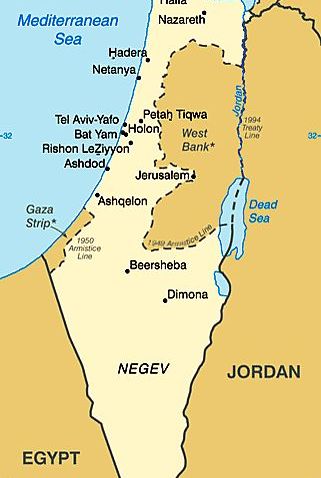JERUSALEM -- One of the many strange features of the Sept. 6 event involving Israeli overflights of Syrian airspace is the peculiar route through which the world has gradually discovered what happened -- or what might have happened -- on that possibly fateful night. Normally, one would expect Israeli reporters, the ones with the best contacts, sources and understanding of Israeli operations, to uncover and report details about such a secretive operation. Not this time. The much-discussed operation, now described by Israeli journalists in half-mocking tone as "The alleged air strike that the IDF did or did not carry out in Syria," produced some of the tightest rules from Israel's military censor that Israeli reporters have ever seen. The military censor is charged with keeping out of the media information that could endanger Israeli security. The world -- and most Israelis -- first heard something might have transpired only hours after the operation occurred. Syrian officials brought it to light when they complained that Israeli planes had violated their airspace and that Syrian air defenses had fired against the infiltration. But even Damascus kept quiet about the details. Syrian President Bashar al-Assad was reportedly furious that the matter had been discussed in public at all.
Reporting the Story of the Israeli Strike That May or May Not Have Happened

